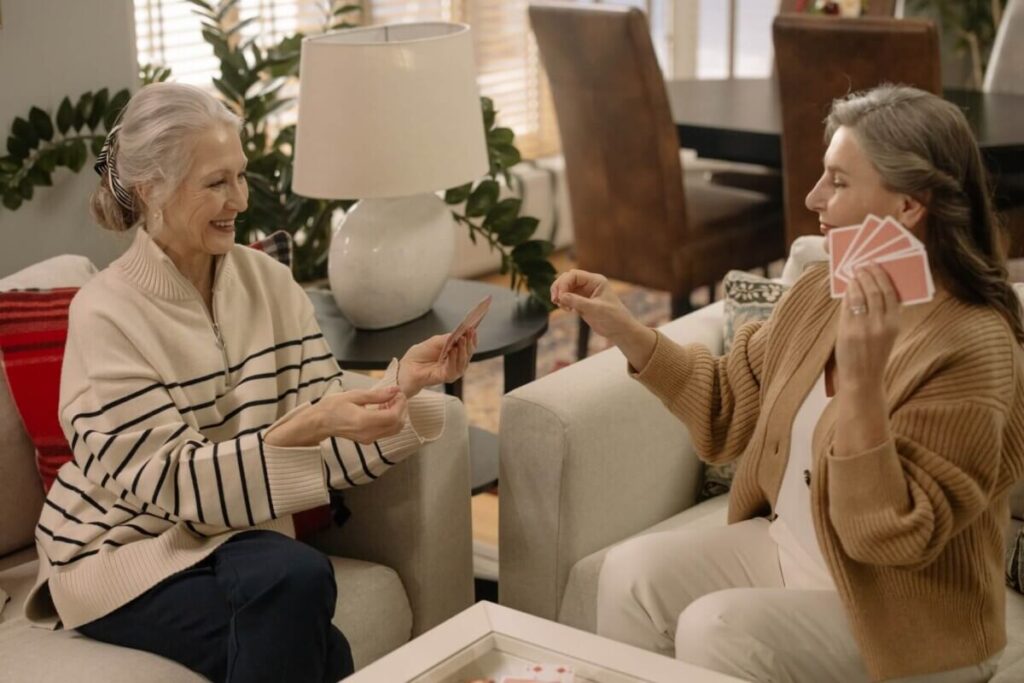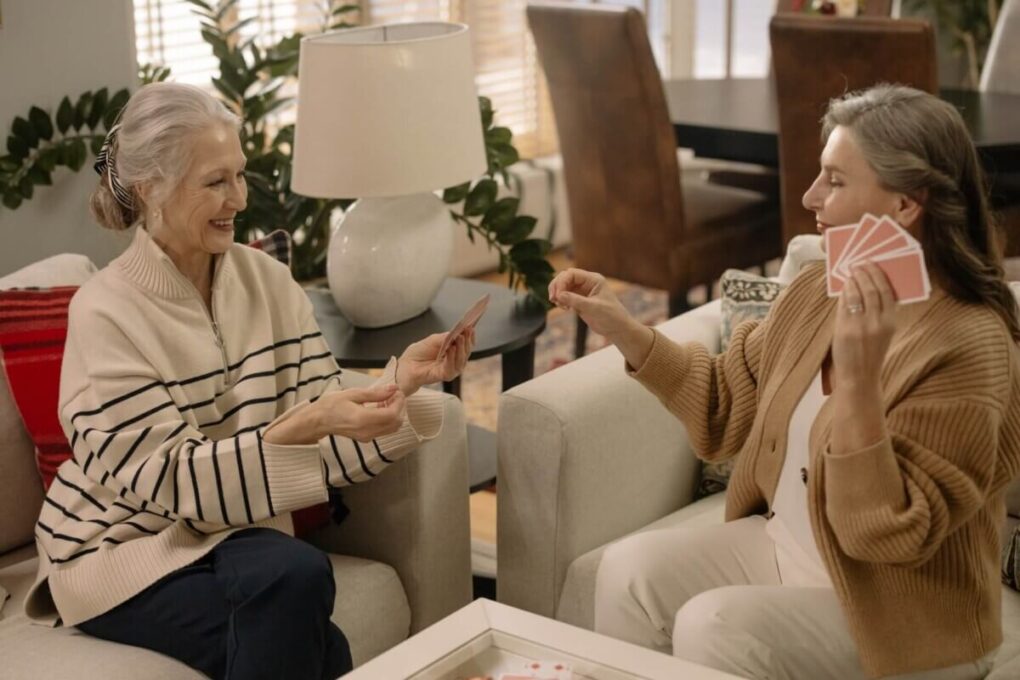75% boost in memory! How a mixed mental diet keeps cognition gleaming in golden years
 By Study Finds
By Study Finds
If you’ve been dutifully completing your daily crossword puzzle in hopes of staving off cognitive decline, you might want to rethink your strategy. New research suggests that the path to a sharper mind in old age is paved with variety, not repetition.
Just as a diverse workout routine sculpts a fitter body, researchers at the University of Illinois Urbana-Champaign have discovered that engaging in varied mental exercises can supercharge learning and enhance working memory for those over 60. Their findings, published in the journal Intelligence, challenge long-held assumptions about brain training and offer a fresh perspective on maintaining cognitive vitality as we age.
“People often think that the best way to get better at something is to simply practice it over and over again, but robust skill learning is actually supported by variation in practice,” says lead investigator Elizabeth A. L. Stine-Morrow, a professor emerita of educational psychology at Illinois, in a media release.
To test this idea, Stine-Morrow and her team recruited 90 local adults between 60 and 87 years-old for a novel “successive enrichment” experiment. Participants were randomly assigned to one of four mental workout regimens, each focusing on working memory – our ability to juggle information in our minds while performing other tasks.
Working memory is the cognitive equivalent of a mental juggling act. It’s what allows us to remember a phone number while looking up an address, or to follow a complex conversation while formulating our own thoughts. As we age, this crucial ability tends to decline, impacting everything from daily tasks to social interactions.
Here’s where things get interesting: instead of having all participants practice the same task repeatedly, some groups were given a variety of exercises that engaged working memory in different ways. For example, one group practiced remembering letters while making quick word judgments, then switched to categorizing items while holding words in mind.
After two weeks of these diverse mental calisthenics, all groups then spent two weeks on a standard working memory task called “complex reading span.” This involved reading sentences, judging whether they made sense, and remembering unrelated letters in between – a true cognitive workout.
The results were eye-opening. Contrary to conventional wisdom, the group that spent all four weeks practicing only the complex reading span task showed no significant improvement. Meanwhile, the group that engaged in the most diverse set of working memory exercises demonstrated the largest gains – improving their performance by nearly 75% more than the other groups.
Even more intriguing, these benefits weren’t immediately apparent. The diverse training group initially performed similarly to those with no prior working memory practice. But as they continued practicing the new task, their rate of improvement accelerated dramatically compared to the other groups.
“Mixed practice did not directly lead to better performance; it led to better learning. That group was the slowest to improve on the reading span task, but they ultimately reached the highest peak,” Stine-Morrow observes.
This pattern aligns with an emerging theory called the “mutualism principle,” which suggests that growth in one cognitive skill can enhance our capacity to learn related skills – but these effects may only emerge gradually with continued practice.
Current “brain training” programs often focus on the repetitive practice of narrow skill sets. However, this research indicates that a more varied cognitive workout may yield greater long-term benefits for maintaining and even enhancing mental capabilities as we age.
“I practice in diverse conditions and contexts. I practice hungry, tired, angry and happy. I practice different songs at different speeds and sometimes with different pianos. It’s the variety of practice that makes me a better performer,” says Ilber Manavbasi, a graduate student researcher involved in the study.
Of course, more research is needed to fully understand these effects and develop optimal training programs. But for now, the message is clear: when it comes to keeping our minds sharp in our golden years, embracing variety might just be the ultimate brain hack.
Methodology
The study employed a randomized controlled design with 90 participants aged 60-87. Participants were assigned to one of four groups: a placebo control doing speed tasks, a “same task” group practicing only complex reading span, a “different single” group practicing lexical decision span, and a “different mixed” group practicing both lexical decision and category span tasks. Training occurred over two 2-week phases, with all groups practicing complex reading span in the second phase. Cognitive assessments were conducted before and after the 4-week training period.
Key Results
The “different mixed” group, which had the most diverse working memory training, showed the largest gains on the complex reading span task, improving by about 0.7 standard deviations. This was significantly more than the other groups, including the “same task” group that practiced this exact task throughout. Importantly, these benefits emerged gradually during practice, not immediately. The diverse training also led to faster acquisition of the new task over the two-week practice period.
Study Limitations
The study was limited to healthy older adults and had a relatively short training period of 4 weeks. Those who dropped out tended to have lower initial working memory scores, potentially underestimating effects for those with more room for improvement. The sample was predominantly white and well-educated, limiting generalizability. The training tasks were not integrated into meaningful real-world activities, which may have enhanced effects.
Discussion & Takeaways
The results support the “mutualism principle” – the idea that growth in one cognitive skill can enhance learning of related skills, but these benefits may only emerge with practice. This challenges conventional views of cognitive transfer and suggests we may be underestimating training effects in typical pre-post test designs. The findings indicate that diverse cognitive engagement may be more effective than repetitive practice of a single task for enhancing cognitive abilities in older adults. This has implications for the design of cognitive training programs and understanding how intellectual abilities develop throughout life.
Funding & Disclosures
The study was supported by a grant from the National Institute on Aging of the National Institutes of Health (R56 AG058798). Additional funding came from the Beckman Institute and the Jansen Family for a research fellowship. The content is solely the responsibility of the authors and does not necessarily represent the official views of the National Institutes of Health.
Source: Study Finds
Image: Pexels



